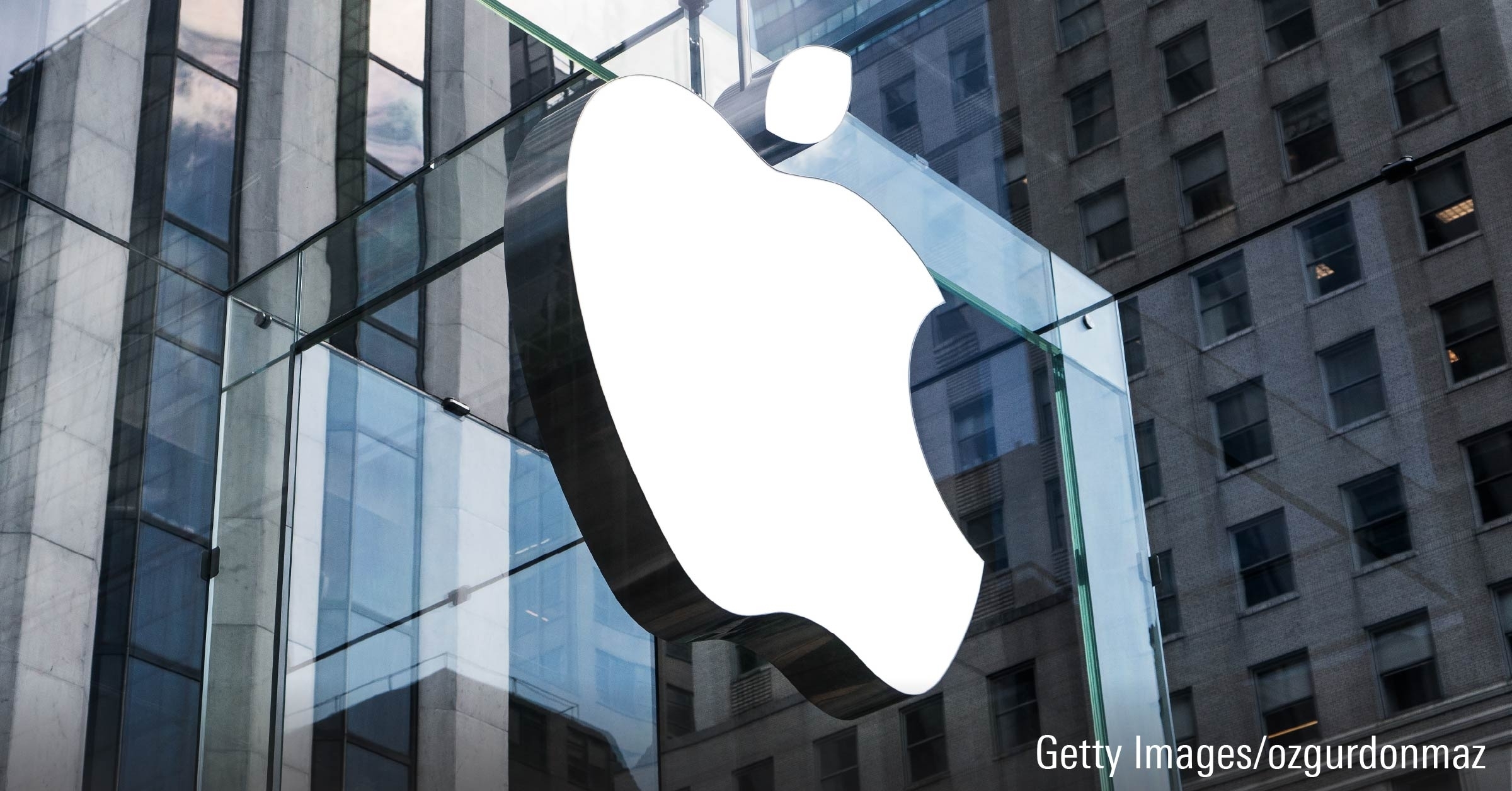The way most investors think about high-yield bonds goes something like this: I'm retired and want to earn a steady stream of income while preserving principal. Because Treasury yields are so low, I'll own high-yield bonds.
This way of thinking about junk bonds is all wrong. Junk bonds behave like a mixture of equities and Treasuries, which is why they don't provide much of a diversification benefit when added to a conventional stock-bond portfolio. In fact, junk bonds occasionally experience sharp losses because of their greater illiquidity, worsening maximum drawdowns.
All assets are really just bundles of factors offered up in different proportions. Junk bonds largely repackage the same economic growth and inflation factor exposure stocks and bonds provide, plus an illiquidity risk factor.
If you had owned a replicating mixture of equity and Treasury in lieu of junk bonds over the past few decades, you'd have earned higher risk-adjusted returns and paid much lower fees. Historically, the junk-bond index has returned about 2% over equivalent-duration Treasuries. However, the junk-bond index is not investable owing to the illiquidity of many bonds. Liquidity-screen junk-bond indexes have lagged the overall junk-bond market by almost 2% annualized, meaning much of the historical excess return to junk bonds was eliminated due to poor construction. After fees, it's likely that the average investor in high-yield bonds has not earned fair return for the risks they've taken.
David Swensen, chief investment officer of the Yale endowment, takes the extreme view that investors should own only Treasuries in their bond allocations owing to the poor rewards to credit.
So why do people own junk bonds? Why do I own them?
The answer is simple: Skilled active managers can generate higher and more persistent excess returns in illiquid asset classes, which are less efficiently priced. This is why I advocate active management for high-yield bonds, if you're going to own them. That said, you have to pick the right active managers. Unskilled managers in illiquid markets get eaten alive. Illiquid assets do not automatically confer higher returns, but rather create opportunities for skilled investors to take advantage of less skilled investors.
A good example is private equity, one of the least liquid asset classes. In private equity, a general partner uses funds provided by limited partners plus debt to acquire whole companies (public or private), with the hope of reselling the company at a hefty profit five or more years down the line. Naturally, the limited partners have to be willing to part with their capital for up to a decade or more. Those who do want to get out early have to suffer enormous haircuts on their positions.
You'd think that with all these risks, private equity would earn fabulous returns. Not so. According to the latest and greatest study, in the 2000s buyout funds earned about 3% annualized more than the S&P 500 and venture capital funds underperformed by 5%. However, over this period, small-cap value stocks outperformed the stock market by well over 3% annualized.
The average payoff for private equity has been pretty bad. Despite this knowledge, many of the biggest, most sophisticated investors continue to allocate billions to private equity. They do so because the top-quartile private equity firms have tended to offer persistent excess returns, making it easier to spot talented managers. (Unfortunately, private equity firms have muddied the waters by using nonstandard calculations to show that they're top-quartile managers, bamboozling less sophisticated institutions into thinking they're getting top talent.)
With a few exceptions, it's a terrible mistake to own a passive fund that tracks an illiquid market. Most investors are better off sticking to high-quality stocks and bonds and tactically allocating to junk when valuations warrant.






.png)










